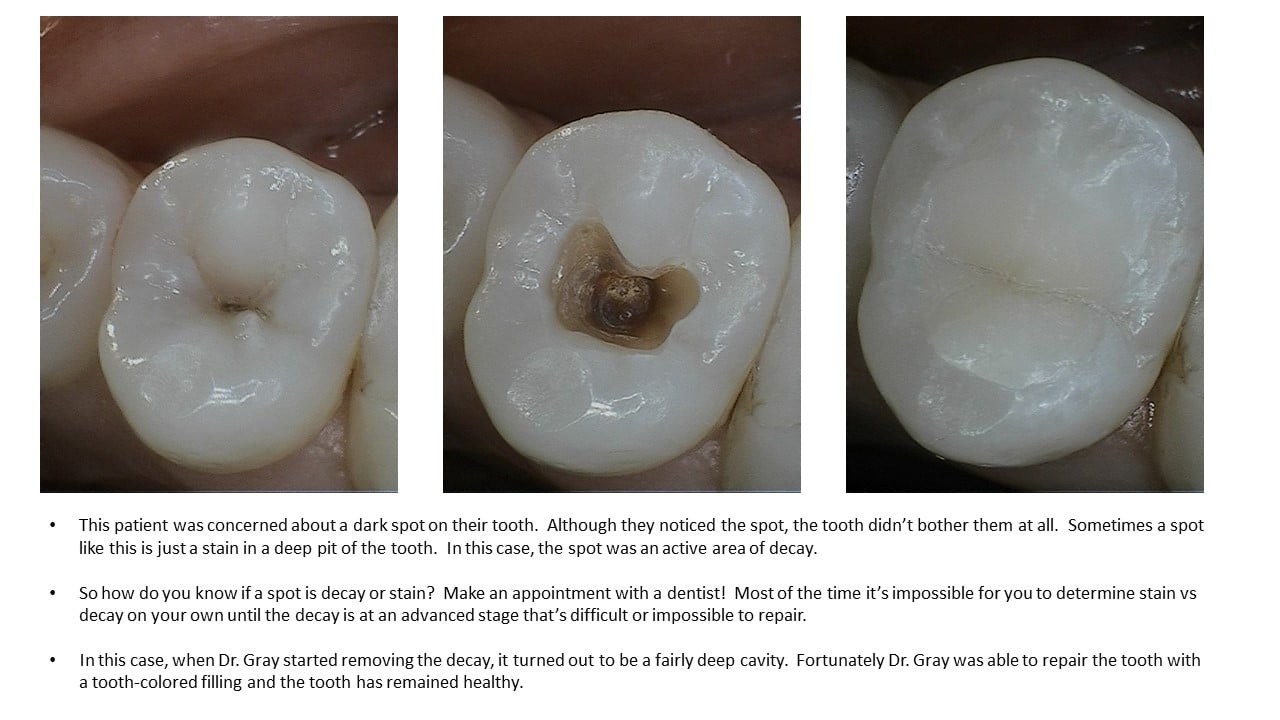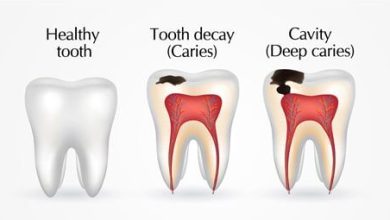Is Tooth Decay Contagious? Discover the Truth Now

Tooth decay is not a contagious condition, meaning it cannot be spread from person to person. It is caused by a combination of factors, including bacteria, poor oral hygiene, and a diet high in sugar.
The health of our teeth is crucial for overall well-being and quality of life. Dental health issues like tooth decay can result in pain, difficulty eating, and even tooth loss. One common question that arises is whether tooth decay is contagious.
We will explore the contagious nature of tooth decay and shed light on the factors responsible for this oral health problem. By understanding the causes and prevention methods, we can take steps to maintain good dental hygiene and prevent tooth decay. So, let’s dive into the topic and gain a clearer understanding of the contagiousness of tooth decay.
Investigating The Scientific Evidence
Is tooth decay contagious? Many people are curious about the possibility of transmitting tooth decay-causing bacteria from one person to another. Various studies have focused on investigating the scientific evidence behind this notion.
These studies have examined the transfer of cariogenic bacteria, which are bacteria that contribute to the development of tooth decay. Researchers have examined the transmission routes through which these bacteria can be transferred.
One study found that bacterial transmission can occur through saliva exchange, such as sharing utensils, kissing, or even blowing on food. Another study indicated that parents can transmit bacteria to their children through activities like taste testing.
Importantly, good oral hygiene practices, such as regular brushing and flossing, can help prevent the transmission of these bacteria. Additionally, dental visits for check-ups and cleanings are crucial for maintaining oral health and reducing the risk of tooth decay.
In conclusion, understanding the scientific evidence and recognizing the potential for bacterial transmission can lead to better oral hygiene practices and improved dental health.
Factors That May Increase The Risk Of Tooth Decay Transmission
Factors that may increase the risk of tooth decay transmission include sharing utensils and toothbrushes, as well as kissing and intimate contact. When individuals share utensils, the bacteria that cause tooth decay can be transferred from one person’s mouth to another. This can happen when food particles or saliva containing the bacteria come into contact with the utensil and then enter the oral cavity of another person.
Similarly, sharing toothbrushes can also lead to the transmission of tooth decay-causing bacteria. When individuals share a toothbrush, they may inadvertently transfer bacteria from their own mouth to the brush, which can then be transferred to another person’s mouth during brushing.
Kissing and intimate contact can also contribute to the spread of tooth decay. The bacteria that cause tooth decay can be present in an individual’s saliva. When individuals engage in activities that involve close contact, such as kissing, these bacteria can be transferred from one person to another.
Best Practices For Maintaining Oral Health
Regular brushing and flossing are essential components in maintaining oral health. Brushing your teeth at least twice a day with fluoride toothpaste helps remove plaque and bacteria that can cause tooth decay. It is important to use a soft-bristled toothbrush and gentle, circular motions to effectively clean your teeth and gums. Flossing once a day is also crucial as it removes food particles and plaque from between teeth and along the gumline where a toothbrush cannot reach.
In addition to proper oral hygiene habits, it is recommended to visit your dentist regularly for check-ups and cleanings. Dental check-ups allow your dentist to detect and treat any potential issues early on, preventing them from becoming more serious problems. Your dentist will also perform a professional cleaning to remove hardened plaque or tartar buildup that cannot be removed by brushing and flossing alone. Professional cleanings help maintain healthy gums and prevent gum disease.
Educating And Encouraging Good Oral Hygiene Habits
Preventing tooth decay is an important aspect of maintaining good oral hygiene. Many people wonder if tooth decay is contagious and if it can be transmitted from one individual to another. The answer to this question is no, tooth decay itself is not contagious.
However, the bacteria that contribute to tooth decay can be transmitted. These bacteria reside in the mouth and can be spread through activities such as sharing utensils or kissing. Therefore, it is essential to educate parents and caregivers on the importance of good oral hygiene habits, both for themselves and for their children.
Dental professionals play a vital role in this education. They can provide guidance on proper brushing and flossing techniques, the importance of regular dental check-ups, and the impact that diet and lifestyle choices have on oral health.
| Strategies for Parents and Caregivers to Prevent Transmission |
|---|
| 1. Encourage brushing and flossing twice a day |
| 2. Teach proper techniques for brushing and flossing |
| 3. Limit sugary snacks and beverages |
| 4. Promote regular dental check-ups |
| 5. Avoid sharing utensils, toothbrushes, and drinks |
By following these strategies, parents and caregivers can help prevent the transmission of bacteria that contribute to tooth decay and promote good oral health for themselves and their children.

Credit: poudrevalleyfamilydental.com
Frequently Asked Questions For Is Tooth Decay Contagious?
Can I Kiss My Boyfriend If He Has Cavities?
If your boyfriend has cavities, it’s best to avoid kissing until he gets them treated. Cavities are caused by bacteria, and kissing can transmit them, increasing the risk of dental problems for both of you. It’s essential to prioritize dental health for a cleaner and healthier mouth.
Can Tooth Infection Spread By Kissing?
Tooth infections can spread through kissing if there is direct contact with the infected tooth or the saliva of someone with a tooth infection.
How Long Does It Take For Tooth Decay To Spread?
Tooth decay spreads gradually, and the rate at which it progresses varies. In general, it can take months or even years for decay to spread from one tooth to another. Timely dental care and oral hygiene practices can help prevent and slow down the progression of tooth decay.
Is Teeth Bacteria Contagious?
Yes, teeth bacteria can be contagious, especially when there is direct contact with saliva or sharing utensils.
Conclusion
Tooth decay can indeed be contagious, spreading from one person to another through saliva. This means that sharing utensils, kissing, or even sharing drinks can increase the risk of transmitting cavity-causing bacteria. It is crucial to follow good oral hygiene practices such as brushing, flossing, and regular dental check-ups to prevent the spread of tooth decay and safeguard the oral health of yourself and those around you.
Stay proactive and prioritize oral hygiene to maintain healthy teeth and gums!





